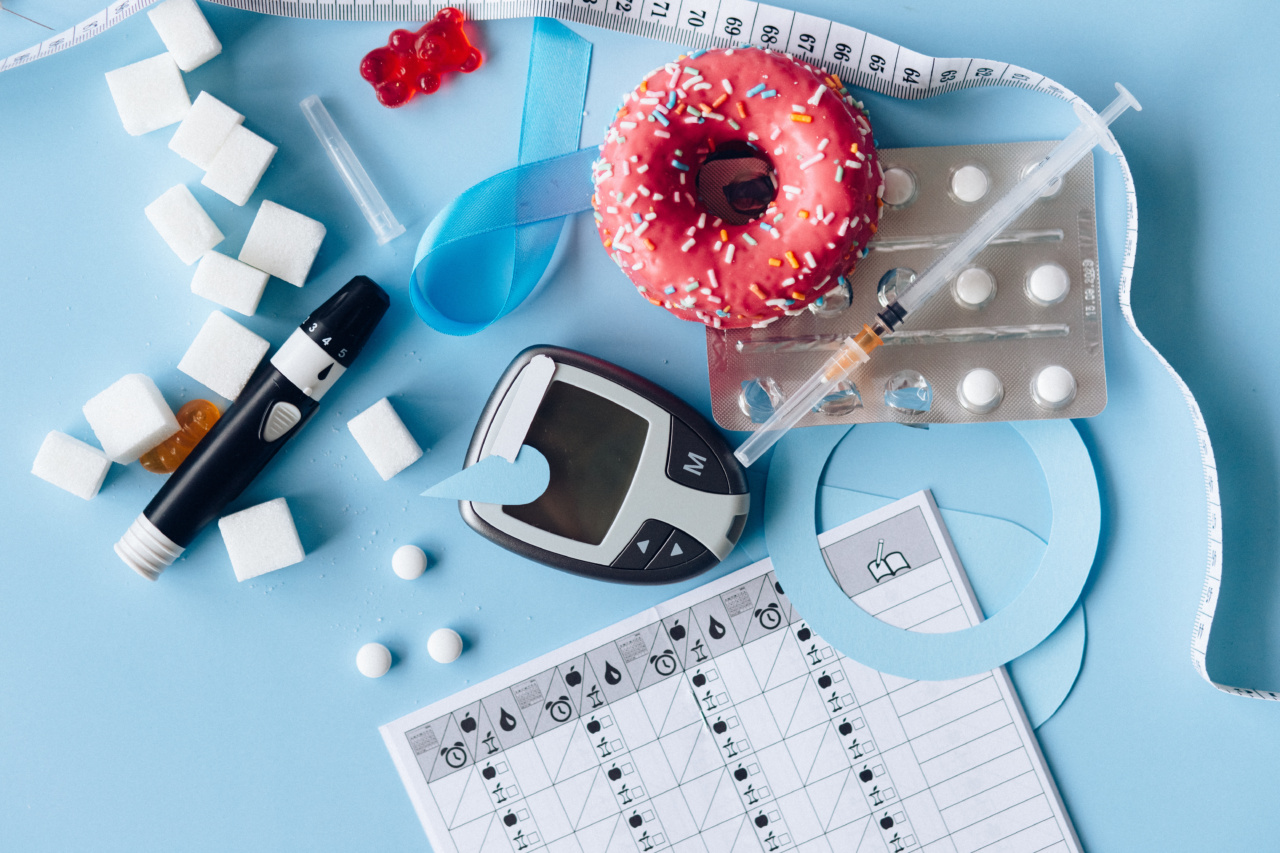In recent years, there has been a growing focus on the development of non-invasive diagnostic methods for various health conditions.
One such breakthrough is the development of a revolutionary saliva test that can detect early-stage cancer, diabetes, and dementia. This test has the potential to revolutionize healthcare by providing an affordable, convenient, and reliable screening tool.
The Importance of Early Detection
Early detection plays a crucial role in the successful treatment of many diseases. For conditions like cancer, diabetes, and dementia, early intervention can significantly improve patient outcomes and quality of life.
However, traditional diagnostic methods often involve invasive procedures or lengthy processes, which can be expensive, time-consuming, and discomforting for patients.
The Potential of Saliva Testing
The use of saliva as a diagnostic medium has gained significant attention in recent years due to its numerous advantages.
Saliva sampling is non-invasive, easily accessible, and cost-effective, making it an ideal alternative for traditional blood tests or biopsies. Additionally, saliva carries various biological markers and molecules that can provide valuable insights into an individual’s health status.
Researchers have discovered that saliva contains specific biomarkers associated with cancer, diabetes, and dementia. These biomarkers can indicate the presence of abnormal cells, hormonal imbalances, or neurodegenerative processes.
By analyzing these biomarkers, the saliva test can detect the early stages of these diseases, allowing for timely intervention and treatment.
Revolutionary Advancements in Saliva Testing
The development of the revolutionary saliva test has been made possible by advancements in various scientific fields, including genomics, proteomics, and nanotechnology.
These new technologies enable researchers to detect and analyze specific biomarkers with remarkable accuracy and specificity.
Early-Stage Cancer Detection
Cancer is one of the leading causes of death worldwide, and early detection is key to improving survival rates.
The saliva test can detect specific biomarkers associated with various types of cancer, including breast, lung, colorectal, and pancreatic cancer.
Researchers have found that cancer cells release unique RNA molecules into the saliva, known as microRNA. These microRNAs can indicate the presence of cancer at its earliest stages, even before symptoms arise.
By detecting these molecules, the saliva test can provide an early warning sign and prompt further diagnostic procedures.
Diabetes Screening
Diabetes is a chronic condition affecting millions of people worldwide. Early identification and management of diabetes are crucial to prevent complications such as cardiovascular disease, kidney failure, and blindness.
The saliva test offers a convenient and accurate method for screening individuals at risk of developing diabetes.
Studies have shown that saliva contains glucose, insulin, and other metabolic markers that can reflect an individual’s glucose levels and insulin resistance.
By analyzing these markers, the saliva test can identify individuals with impaired glucose tolerance or early-stage diabetes. This allows for timely intervention, such as lifestyle modifications or medication, to prevent the progression of the disease.
Early Detection of Dementia
Dementia is a progressive neurodegenerative condition characterized by a decline in cognitive function. Currently, dementia diagnosis relies on clinical assessments and brain imaging techniques, which can be costly and time-consuming.
The saliva test offers a promising solution for the early detection of dementia.
Researchers have identified specific biomarkers in saliva that are associated with neurodegenerative processes and cognitive decline.
These biomarkers include proteins, peptides, and genetic material that can indicate the presence of dementia-related pathology. By analyzing these biomarkers, the saliva test can provide an early indication of the disease, allowing for early interventions and potential disease-modifying treatments.
The Future of Saliva Testing
The development of a revolutionary saliva test for early-stage cancer, diabetes, and dementia opens up new possibilities for preventive and personalized medicine.
With further research and advancements, saliva testing could become a routine screening tool used by healthcare professionals worldwide.
This non-invasive and convenient diagnostic method has the potential to transform healthcare by enabling early detection, reducing healthcare costs, and improving patient outcomes.
However, additional validation studies and regulatory approvals are necessary before the saliva test becomes widely available and integrated into routine clinical practice.
In Conclusion
The revolutionary saliva test for early-stage cancer, diabetes, and dementia holds immense promise for the future of healthcare.
By providing a non-invasive, convenient, and reliable screening tool, this test can significantly improve early detection rates and patient outcomes. With ongoing advancements in scientific research and technology, saliva testing has the potential to revolutionize the way we diagnose and treat these debilitating diseases.































